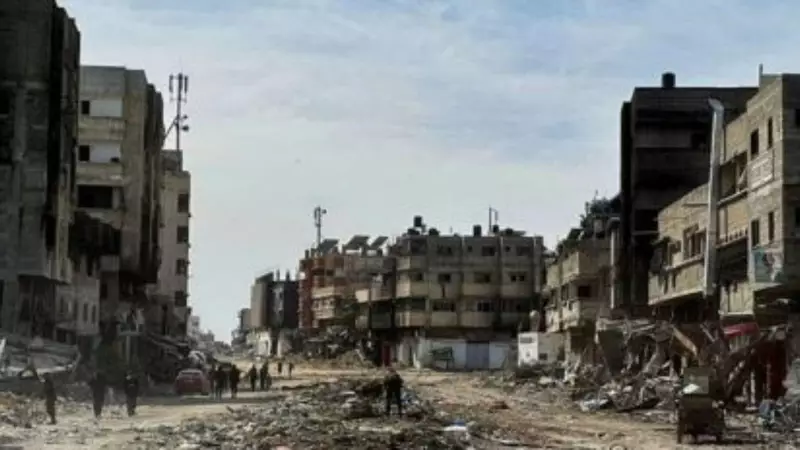
The United Nations Security Council is poised for a critical vote on a US-drafted resolution outlining the next steps for Gaza, but the outcome hangs in the balance as Russia threatens to use its veto power. The vote, scheduled for Monday, comes amid intense diplomatic efforts to secure a ceasefire between Israel and Hamas.
The US Proposal and Its Key Elements
The United States has presented a three-phase plan that has already received backing from the Israeli government. The resolution endorses the proposal and urges Hamas to accept it fully without delay. The first phase calls for an immediate, complete ceasefire and the release of hostages held by Hamas, alongside the withdrawal of Israeli forces from populated areas in Gaza.
Subsequent phases would involve a permanent end to hostilities and a major multi-year reconstruction plan for the devastated Gaza Strip. The draft text emphasizes that the Security Council rejects any attempt at demographic or territorial change in Gaza and underscores the importance of unifying the Gaza Strip with the West Bank under the Palestinian Authority.
Russia's Stance and Potential Veto
The primary obstacle to the resolution's passage is Russia, a permanent member of the Security Council with veto power. Russian Deputy Ambassador to the UN, Dmitry Polyansky, has expressed significant reservations, stating the text contains many problematic elements. He indicated that if the resolution is put to a vote in its current form, Russia would likely not support it.
This stance sets the stage for a potential diplomatic showdown. A Russian veto would sink the US-led initiative, dealing a blow to international efforts to mediate the conflict. The US, aware of this challenge, has been engaging in last-minute negotiations to secure the necessary nine votes in the 15-member council and avoid a veto from Russia or China.
International Reactions and Broader Context
The vote occurs against a backdrop of shifting US policy. For months, the US had used its own veto to block resolutions demanding an immediate ceasefire, arguing it could disrupt negotiations. However, with the introduction of its own plan, the Biden administration is now seeking to rally global support.
Algeria, the Arab representative on the council, has given the draft a preliminary welcome but is consulting with the Arab League and the Organisation of Islamic Cooperation. Meanwhile, Hamas has responded positively to the broad outline of the US plan, while Israeli Prime Minister Benjamin Netanyahu has faced pressure from far-right coalition partners who threaten to leave the government if the deal proceeds.
The world watches as the UN Security Council prepares for this pivotal moment. The outcome will not only determine the immediate future of Gaza but also test the limits of international diplomacy in one of the world's most intractable conflicts.





